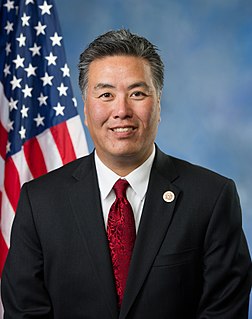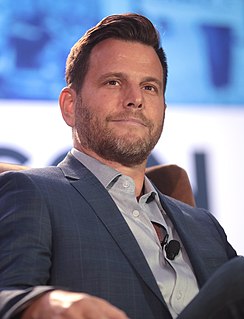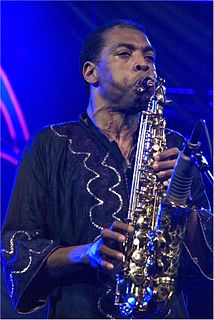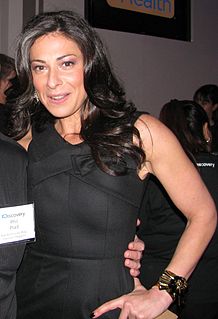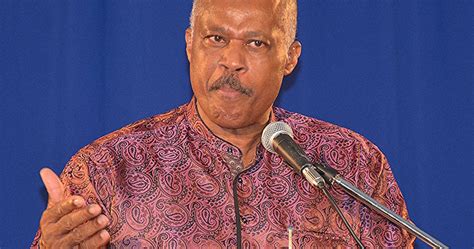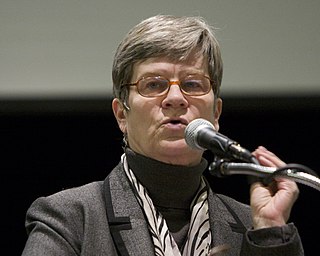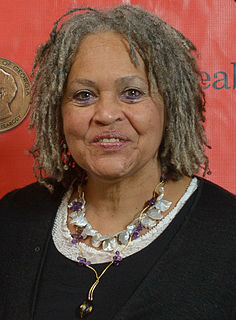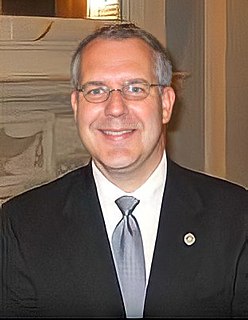A Quote by Daniel Levitin
I believe in an informed electorate, and we need to teach our children to become informed enough to have opinions on world issues or, at least, to understand what the major issues are and who the players are.
Related Quotes
The implications of the transfer of full sovereignty from separate nations to a World Organization. . .Political unification in some sort of World Government will be required. . .Even though. . . any radical eugenic policy will be for many years politically and psychologically impossible, with the greatest care, and that the public mind is informed of the issues at stake so that much that now is unthinkable may at least become thinkable.
Clearly, one does not have to give up being an academic, retreat from rigorous research, or renounce the importance of specialization in order to address major social issues. I don't think you give up theoretical rigor by writing in a way that addresses major social concerns and is at the same time accessible to wider informed general audiences.




